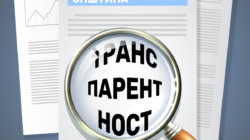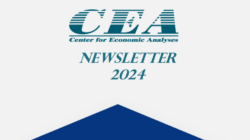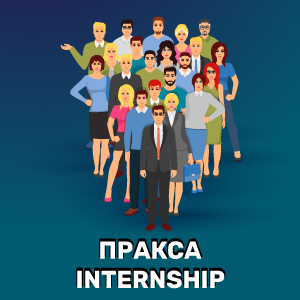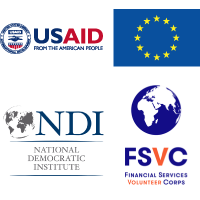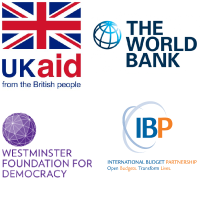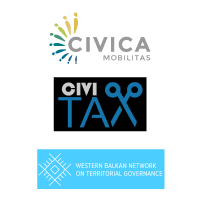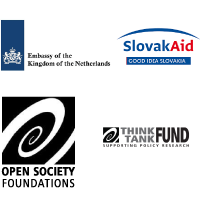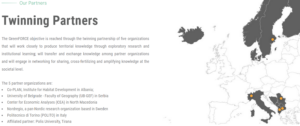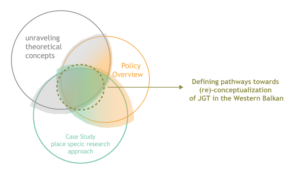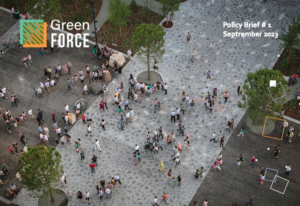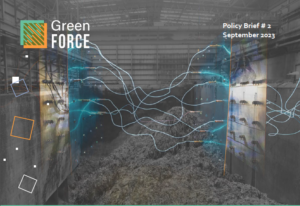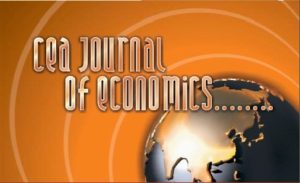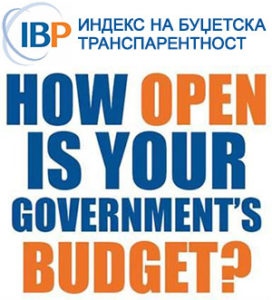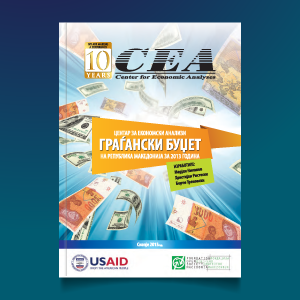GreenFORCE, is a project funded by the EU Horizon 2020, which aims to foster excellence in scientific research and innovation for the “green transition of the Western Balkans” of Co-PLAN (Albania), CEA (North Macedonia) and UB-GEF (Serbia), as a means of improving their research profile, strengthening the research and management capacities of their staff and contributing to convergence between the research capacities of the Western Balkans (WB) and the EU.
The objective will be achieved through a partnership of five organisations that will closely collaborate to produce territorial knowledge through research and through institutional learning; knowledge exchange between partner organisations through the application of the knowledge management cycle;
GreenFORCE PROJECT FACTSHEET
facebook: Greenforce Twinning Project
web page: www.greenforcetwinning.net
More in the project reports and studies:
Deliverable D 4.1 – Report on Western Balkans Just Green Transition Conceptualisation
——————-
Deliverable D4.2: Regional Mapping Report on Green Transition
Податоци од мапирање во регионот / Open Access on Zenodo
- Dataset for Green Transition Policies, Stakeholders and Practices in North Macedonia
- Dataset for Green Transition Policies, Stakeholders and Practices in Serbia
- Dataset for Green Transition Policies, Stakeholders and Practices in Albania
- Dataset for Green Transition Policies, Stakeholders and Practices in Montenegro
- Dataset for Green Transition Policies, Stakeholders and Practices in Bosnia and Herzegovina
——————–
Exploring Research Topics on Just Green Transition in the Western Balkans – Country Cases
The Western Balkans serves as a dynamic laboratory for innovative, comparative research on the impacts and costs of a just green transition. This collaborative effort aimed to enhance research excellence through cross-country exchanges, participatory approaches, and mapping exercises. We explored and researched specific cases with co-developing conceptual frameworks, mapping regional and local processes with a participatory approach as well as empirical studies on the costs and benefits as impacts of just green transition. Our research cases are:
• Albania: Net-Zero transition for Post-Communist Urban Neighbourhoods
• Serbia: Sustainable Mobility – Transitioning Public Transportation at the Local Level
• North Macedonia: Implications of Energy Sector Transition at the Regional Level
• Montenegro: Waste Management Sector Transformation and Its Impact on JGT
• Bosnia & Herzegovina: Assessing Local Economic and Employment Impacts of JGT
————————————-
Deliverable D4.3 Comparative report on green transition governance challenges
—————–
Deliverable D4.5 Research Study Report 1
————–
Sign in for the GreenFORCE Newsletter or see:
NEWSLETTER No. 3| December 2023
NEWSLETTER No. 5| December 2024
—————
Deliverable D1.2 1st Report on RAB meetings minutes and results
Deliverable D2.1 Shared Strategic Research Agenda
Deliverable D3.3 1st Package of Curricula of Teaching Exchange and Secondments Plan/Dossier
Deliverable D3.3 2nd Package of Combined Curricula of Teaching Exchange & Secondments
Deliverable D3.7 Report on the 1st Stand-alone Teaching Event
Deliverable D3.8 Report on the 2nd and 3rd stand-alone teaching events (curricula + research results)
————————
Policy Brief:
– Just Green Transition in the Western Balkans: Overcoming the Transition Fatigue / Праведна зелена транзиција во Западен Балкан: Надминување на „заморот од транзиции“
In the Western Balkans (WB), the JGT is, so far, mostly used as a buzzword without fully generating the necessary awareness of the scale and transformative nature it implies.
This is reflected in the absence of a comprehensive approach to coordinating climate and environmental action. Instead, there is a patchwork of policy initiatives tackling specific sectors.
Furthermore, as the WB countries commit to the JGT, a key concern is how to land the narrative of a ‘transition’ in a region that has been subject to several transitions through history with questionable levels of success.
This policy brief aims to increase clarity of what are the practical implications of JGT for the WB region and for its domestic policy arena, and offer recommendations for how to achieve better policy implementation and increased societal support.
Full English/Macedonian version on the brief (ENG here) (MK ТУКА)
– Waste to Energy Unlocking the Potential of Waste as an Alternative Source of Energy in the Western Balkans /„Од-отпад-до енергија“: искористување на потенцијалот од отпадот како алтернативен извор на енергија во земјите од Западен Балкан
Throughout the Western Balkans, waste is still considered an externality since vast quantities of waste are being deposited in open dump sites or even in nature, awaiting natural decomposition,
uncontrolled incineration, or even being washed toward shores and contributing to marine litter.
A substantial portion of these waste streams conceals untapped energy potential. Harnessing the latent energy potential residing within waste materials represents a huge opportunity that
can contribute towards the Circular Economy vision of the sector.
Such byproducts from waste recovery processes could generate income, supporting sector upgrades with EU Standards and supplying the industry with an alternative fuel directly contributing to the ambitious CO2 emission reduction. Finally, such practice addresses other detrimental effects of waste disposal (particularly land-filling and incineration) on the environment and human health.
Full English/Macedonian version on the brief (ENG here) (MK ТУКА).
Building Up Governance Pathways for Just Energy Transition: The Case of North Macedonia / Градење на патеки за управување со праведна енергетска транзиција: случајот на Северна Македонија
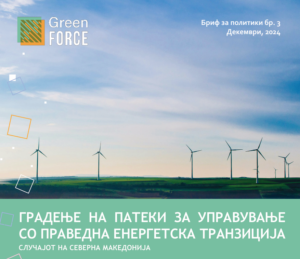 Building effective governance structures, anchored in the local realities, is vital to deliver a just energy transition. Identifying and implementing good practices around local stakeholder engagement is an essential precondition for developing place-based policy measures that address the possible impacts of energy transitions on different social groups and across regional territories in a country.
Building effective governance structures, anchored in the local realities, is vital to deliver a just energy transition. Identifying and implementing good practices around local stakeholder engagement is an essential precondition for developing place-based policy measures that address the possible impacts of energy transitions on different social groups and across regional territories in a country.
This policy brief examines energy transition policies and the extent to which governance and stakeholder engagement processes can deliver policies and outcomes which are socially and spatially just. The case of the Republic of North Macedonia (RNM) is used as an example to uncover the governance challenges associated with decarbonisation and the just energy transition. Although the subject is complex and cannot be directly transposed to other places, the experience of the RNM provides lessons relevant to other countries in the Western Balkan (WB) region and beyond with shared just energy
transition challenges.
Recommendations aim to support policymakers in making informed decisions for improving energy transition governance structures and stakeholder engagement processes. They also contribute towards highlighting the roles and responsibilities of different stakeholder groups in delivering energy transitions, including public authorities, industry and sectoral experts, businesses, NGOs and civil society groups, and local communities.
Full English/Macedonian version on the brief (ENG here) (MK ТУКА ).
————————————-
A Strategic Approach to Macroregional Collaboration in the Western Balkans
 The Western Balkan (WB) region stands at a pivotal moment in its journey toward European Union (EU) integration. As policymakers and practitioners explore innovative pathways to accelerate accession, macroregional collaboration emerges as a powerful mechanism to build stronger ties between WB countries and EU member states.
The Western Balkan (WB) region stands at a pivotal moment in its journey toward European Union (EU) integration. As policymakers and practitioners explore innovative pathways to accelerate accession, macroregional collaboration emerges as a powerful mechanism to build stronger ties between WB countries and EU member states.
This policy brief outlines a strategic approach to building macro-regional collaboration and provides reflections on the future direction of macro-regional cooperation for the Western Balkan Region.
To read the full policy brief here ENG
————————————-
Shifting Gears: Advancing Green and Inclusive Mobility in Western Balkan Cities
 Urban mobility in the Western Balkans faces critical challenges like traffic congestion, air pollution, and unequal access. Our policy brief, focusing on Kragujevac, Serbia, highlights practical steps for cities to move toward greener, more inclusive transport systems. Key insights include:
Urban mobility in the Western Balkans faces critical challenges like traffic congestion, air pollution, and unequal access. Our policy brief, focusing on Kragujevac, Serbia, highlights practical steps for cities to move toward greener, more inclusive transport systems. Key insights include:
• Over-reliance on outdated diesel buses and car-centric infrastructure;
• Strong public support for electric buses (90% of residents surveyed);
• Policy options like free electric bus lines, parking restrictions, and congestion pricing;
• The importance of institutional reform, better governance, and citizen engagement
To read the full policy brief here ENG

